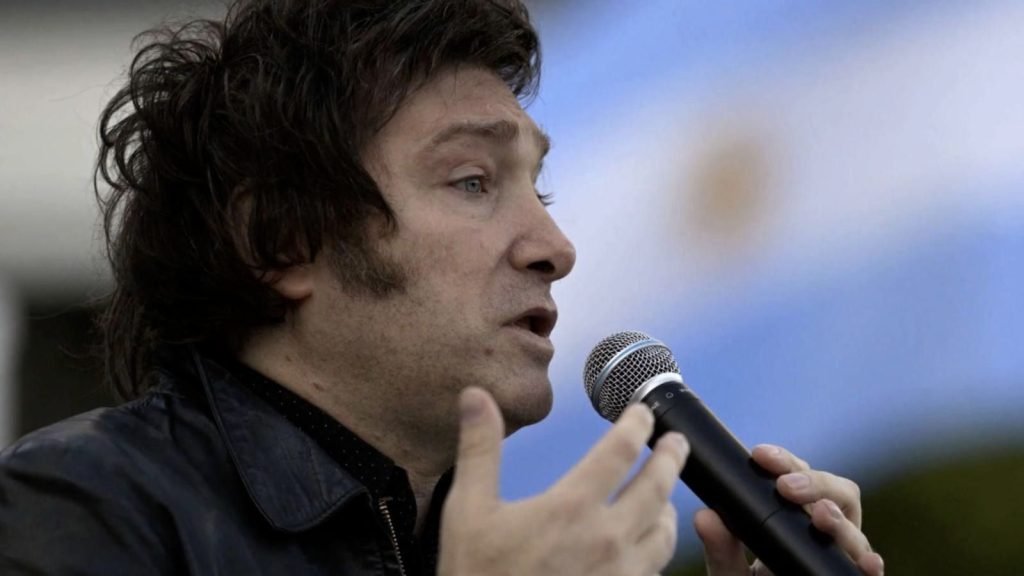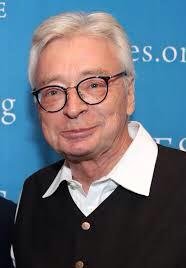About Javier MILEI

He has a very effusive personality, he is very striking, you can’t stop looking at him and listening to him. Although he wants to transmit a reality, he does it from a character and many times he eats the person. He has to be very careful with that and know how to surround himself with the right people so he doesn’t lose his sanity. So much exhibition and so much opening up for people to get to know you means that you can lose your sanity a little bit because it is not «normal» that everyone knows every detail about you and you know nothing about anyone.
Hans Hermann Hoppe

Hoppe studied philosophy, sociology, history and economics at Saarland University (Saarbrücken), Goethe University in Frankfurt and the University of Michigan in Ann Arbor. He received his doctorate in 1974 in Frankfurt under Jürgen Habermas,[2] and his habilitation in 1981.
Hoppe was Professor of Economics at the University of Nevada in Las Vegas from 1986 to 2008 and is a Distinguished Fellow of the Ludwig von Mises Institute (Auburn/Alabama). He founded the Property and Freedom Society in May 2006.
He is a member of the editorial board of eigentümlich frei magazine, for which he is also a contributing writer.
Think
Hoppe is a proponent of natural law, with self-ownership and private property, and in this he follows primarily the anarcho-capitalist school of Murray Rothbard. The justification of his ethics also draws on the discourse ethics of philosopher and sociologist Jürgen Habermas, of whom Hoppe was a student and who also supervised Hoppe’s dissertation. His book Democracy. Der Gott, der keiner ist is a critique of democracy and the democratic state. Neither in the family nor in the church, in science nor in the economy is there democracy. Hoppe himself advocates «freedom instead of democracy».
For Hoppe, the state is not a moral institution. Moreover, he sees democracy as a «civilizational relegation» compared to monarchy, even though he considers neither one nor the other, nor any form of government, to be ethically justified. In democracies, there is a higher time preference for government spending because legislative periods and changing power relationships encourage governments to spend more money in order to implement their goals on time and to be re-elected. Because monarchs are not under this pressure and can consider their land and people as property, monarchs were more careful with their country’s scarce resources. For Hoppe, therefore, a monarchy is the lesser evil compared to a democracy. In a monarchy, he argues, the state is privately owned and the monarch has a vested interest in the welfare of his property, whereas this is not the case for politicians and civil servants in a democracy.[5]





